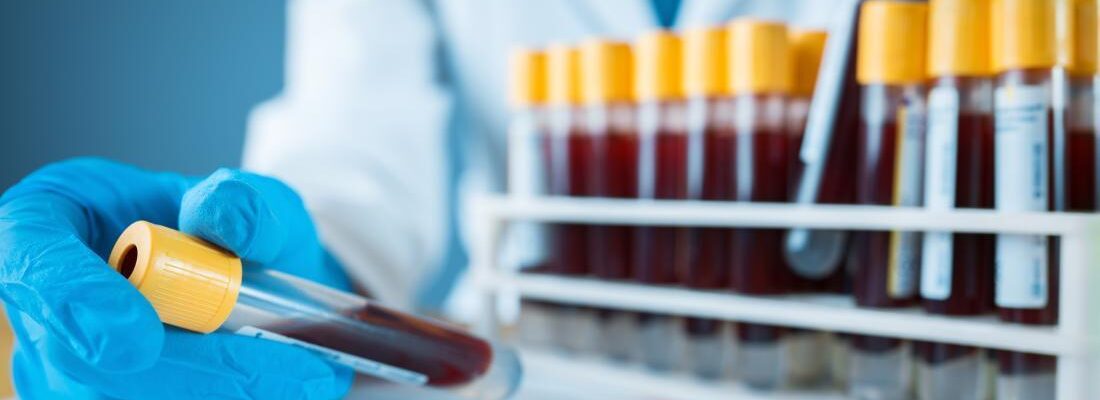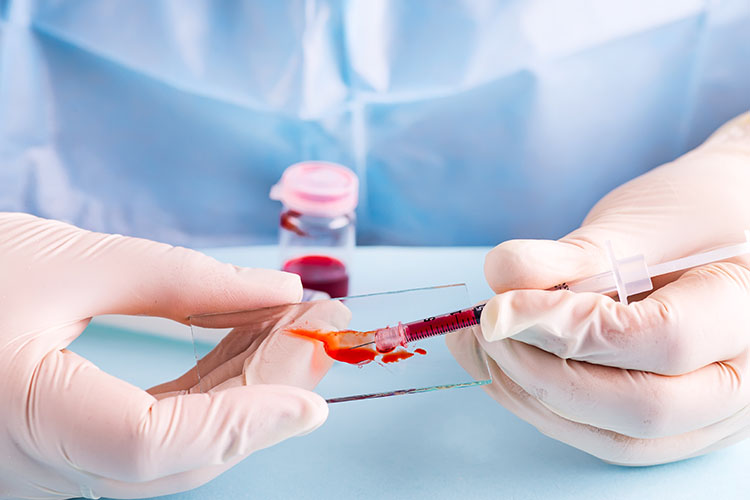Table of Contents
Blood chemistry is a medical test that measures various substances in the blood to assess the overall health of an individual. It provides valuable insights into the functioning of vital organs and systems, including the liver, kidneys, and cardiovascular system. The procedure is commonly used for diagnostic and monitoring purposes, helping doctors identify conditions such as diabetes, kidney problems, or electrolyte imbalances.
This test is particularly important for individuals undergoing regular health checkups, those with chronic conditions, or patients who require close monitoring of their organ functions. Blood chemistry tests are versatile and can provide crucial information for early detection and prevention of diseases.
Purpose of Blood Chemistry Test
Blood chemistry tests are performed in medical laboratories by trained healthcare professionals, such as medical technologists or phlebotomists, under the supervision of doctors. These professionals collect and analyze blood samples to obtain accurate results.
The primary purpose of blood chemistry tests is to evaluate the levels of various substances in the blood, including electrolytes, glucose, cholesterol, and liver and kidney markers. The procedure is crucial for diagnosing diseases, monitoring existing health conditions, and assessing the effectiveness of treatments. By identifying abnormalities in these substances, doctors can detect potential health issues early and provide appropriate interventions.
Understanding the results of blood chemistry tests allows patients and healthcare providers to make informed decisions about lifestyle changes, medications, and further testing or treatments, contributing to overall well-being and improved quality of life.
Blood Chemistry Step by Step
- Preparation. The patient may be asked to fast for at least 8 hours before the test, especially for glucose or lipid profile measurements. Drinking water is allowed, but consuming other beverages, food, or chewing gum is prohibited.
- Blood Collection. A healthcare professional will use a sterilized needle to draw blood from a vein, typically in the arm. The collected blood is stored in specific vials, each designed for particular tests. For example, a violet-capped vial is used for CBC tests, while blue or plain red-capped vials are used for other tests.
- Labeling and Handling. The blood sample is carefully labeled with the patient’s details and securely stored to avoid contamination or mixing.
- Transport to the Laboratory. The sample is sent to a medical laboratory for analysis. Different tests require specific chemicals or procedures, so the vials are processed accordingly.
- Analysis. Laboratory professionals analyze the blood sample using advanced equipment to measure substances like glucose, electrolytes, liver enzymes, and more.
- Result Compilation. Once the analysis is complete, results are compiled and reviewed by a laboratory specialist or physician to ensure accuracy.
- Result Interpretation. The results are sent to the doctor, who interprets them based on the patient’s medical history and symptoms. This interpretation guides the next steps in the patient’s care plan.
Blood Chemistry Results
If the blood chemistry test is diagnostic, it provides detailed information that helps doctors and patients understand the following:
- Electrolyte Balance. The levels of sodium, potassium, chloride, and calcium indicate the body’s hydration status and organ function. Abnormal levels may signal dehydration, kidney problems, or other issues.
- Liver Function. Measurements of liver enzymes such as ALT (SGPT) and AST (SGOT) reveal potential liver damage or dysfunction caused by alcohol consumption, medication, infection, or conditions like hepatitis.
- Kidney Function. Blood urea nitrogen (BUN) and creatinine levels assess the kidneys’ ability to filter waste. Elevated levels can indicate kidney disease or reduced kidney function.
- Cholesterol Levels. The test provides a breakdown of cholesterol, including LDL (bad cholesterol) and HDL (good cholesterol). These results help assess cardiovascular health and the risk of heart disease.
- Blood Glucose Levels. The amount of glucose in the blood helps diagnose diabetes or identify issues with blood sugar regulation.
These results give a comprehensive view of the patient’s health, enabling early detection and management of potential health issues.
Prognosis After Blood Chemistry Testing
Blood chemistry tests themselves are not treatments but diagnostic tools. Therefore, the prognosis depends on the results and subsequent actions taken based on them.
- For Normal Results. If the results are within normal ranges, it suggests that the patient’s organs and systems are functioning well. The patient may only need regular follow-ups to maintain good health.
- For Abnormal Results. If the test identifies issues such as high glucose, abnormal cholesterol, or elevated liver enzymes, the prognosis depends on how quickly and effectively these issues are addressed. Early detection often leads to better outcomes, especially when combined with timely interventions like medications, lifestyle changes, or further diagnostic testing.
Blood chemistry testing plays a crucial role in guiding treatment plans and monitoring the effectiveness of interventions, contributing to better long-term health outcomes.
Risks of Blood Chemistry Testing

While blood chemistry testing is generally safe, there are minor risks associated with the procedure. These include:
- Bruising or Discomfort. Some patients may experience slight bruising or soreness at the site where blood is drawn.
- Infection. Though rare, there is a small risk of infection at the puncture site if proper sterilization procedures are not followed.
- Dizziness or Fainting. A few individuals may feel lightheaded or faint during or after the blood draw, particularly if they are sensitive to needles.
- Hematoma. In some cases, blood may collect under the skin, forming a lump or bruise.
- Pain. Mild pain or stinging may occur during the insertion of the needle, but it typically subsides quickly.
These risks are minimal and can be mitigated by ensuring that the procedure is performed by trained healthcare professionals following standard safety protocols.
FAQs About Blood Chemistry Testing
- What is a blood chemistry test?
A blood chemistry test measures various substances in the blood to assess overall health and detect potential medical conditions. - Why is fasting required for some blood chemistry tests?
Fasting ensures accurate measurement of certain substances, like glucose and cholesterol, which can be affected by recent food or drink intake. - How long does a blood chemistry test take?
The blood collection process typically takes about 5–10 minutes, while the analysis and results may take a few hours to a couple of days, depending on the laboratory. - What conditions can a blood chemistry test detect?
It can help diagnose conditions such as diabetes, kidney disease, liver disorders, and electrolyte imbalances. - Can I drink water before a blood chemistry test?
Yes, drinking water is allowed and can even help make veins more visible for blood collection. - Are there any side effects from the test?
Minor side effects include slight bruising, discomfort, or dizziness, but these are temporary and uncommon. - What happens if my test results are abnormal?
Your doctor will interpret the results and may recommend further tests, lifestyle changes, or treatments based on the findings. - How often should I get a blood chemistry test?
The frequency depends on your age, health condition, and medical history. Your doctor will provide personalized recommendations. - Can medications affect blood chemistry results?
Yes, certain medications can influence the levels of substances measured. Inform your doctor about any medications you’re taking before the test. - Is blood chemistry testing covered by insurance?
Many insurance plans cover blood chemistry testing, but it’s best to check with your provider to confirm coverage.



